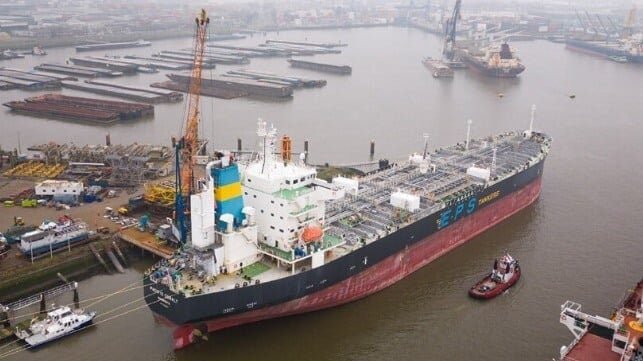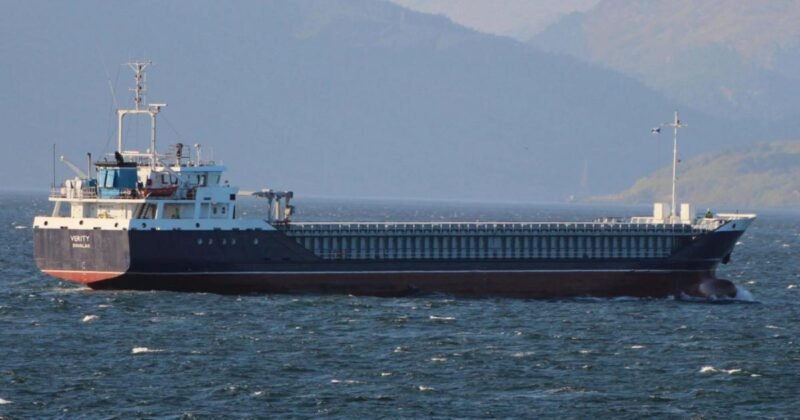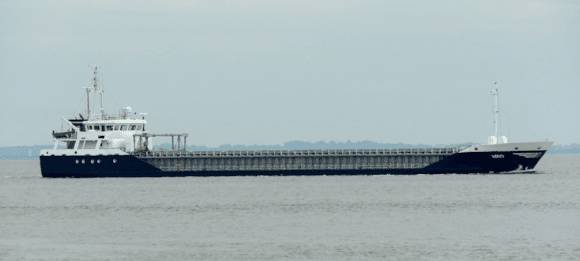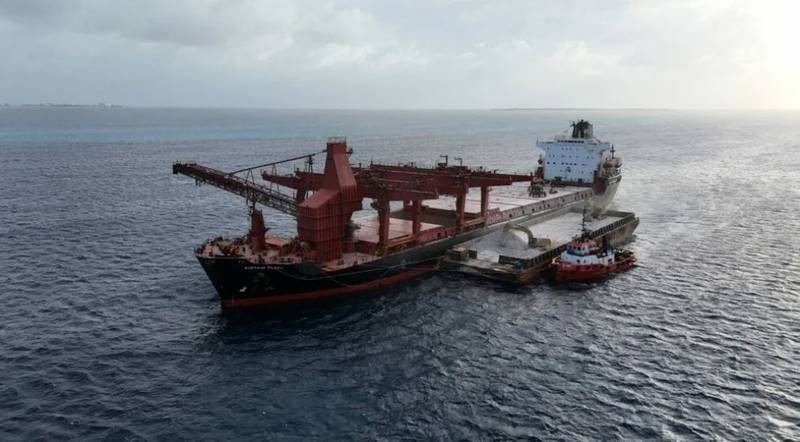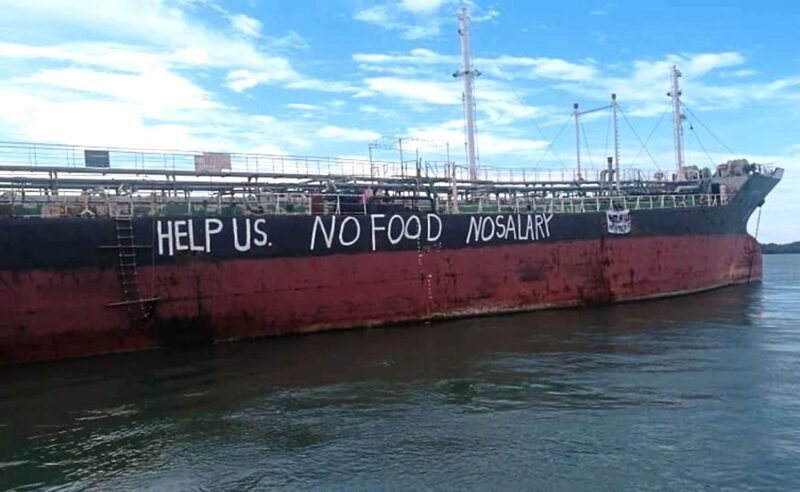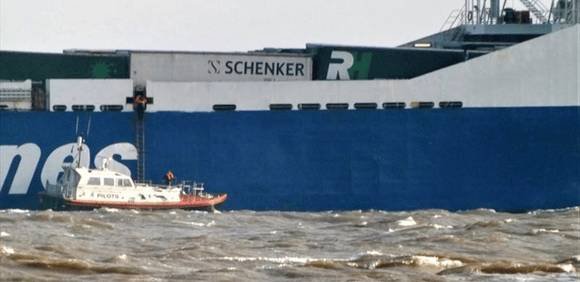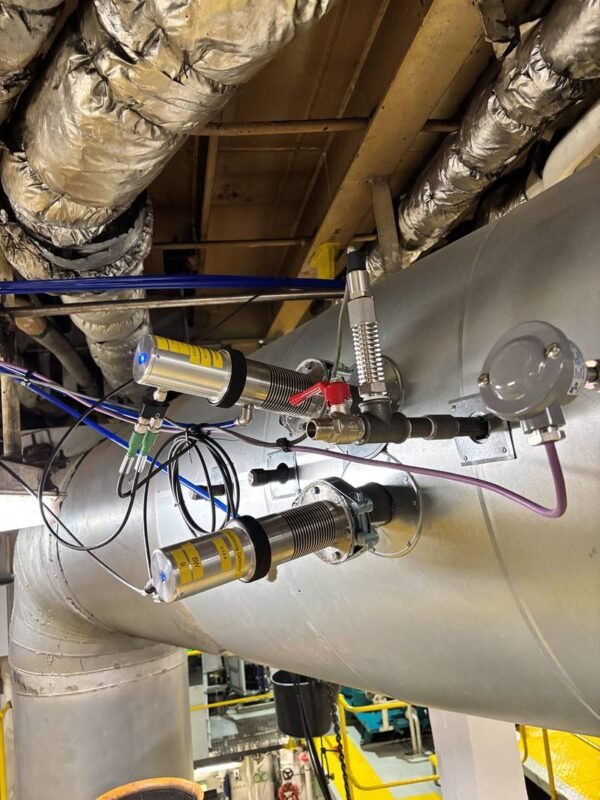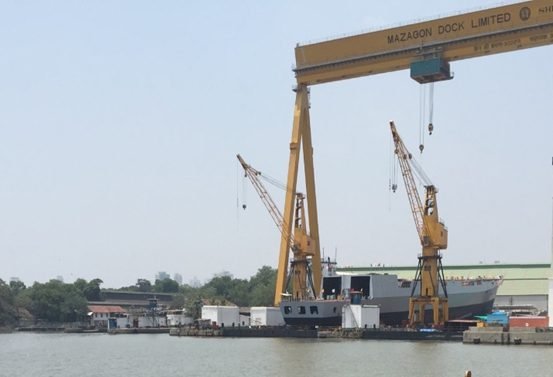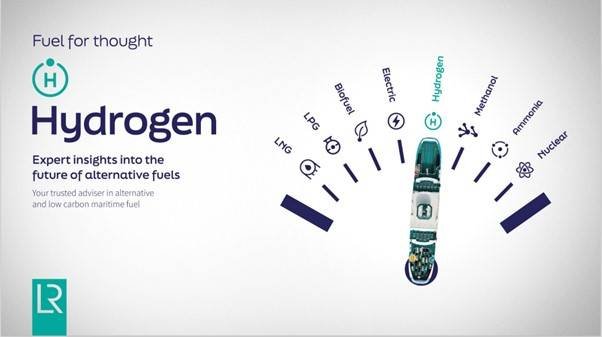A recent study on port readiness for handling liquified CO2 captured from ships at sea reveals that few ports are adequately prepared, with lacking infrastructure and safety training posing significant challenges. This deficiency in port readiness is identified as a major obstacle hindering the adoption of onboard carbon capture and storage as a viable solution for decarbonization.
While capturing carbon from ships in operation is seen as a promising technology to reduce emissions and extend vessel lifespan, the study highlights a critical need to establish clear pathways for offloading, utilizing, and storing CO2. Companies are progressing with onboard carbon capture technology, but the report emphasizes the importance of resolving key issues for large-scale commercialization.
The study emphasizes the limited infrastructure at ports for offloading liquified CO2, noting that most ports lack CO2 capabilities and are primarily equipped to handle food-grade CO2. The report explores various scenarios for offloading infrastructure and safe handling challenges, pointing to ship-to-ship or ship-to-shore transfers as the most promising approaches for large-scale offloading, with safety concerns such as asphyxiation and toxicity needing to be addressed in the process.


